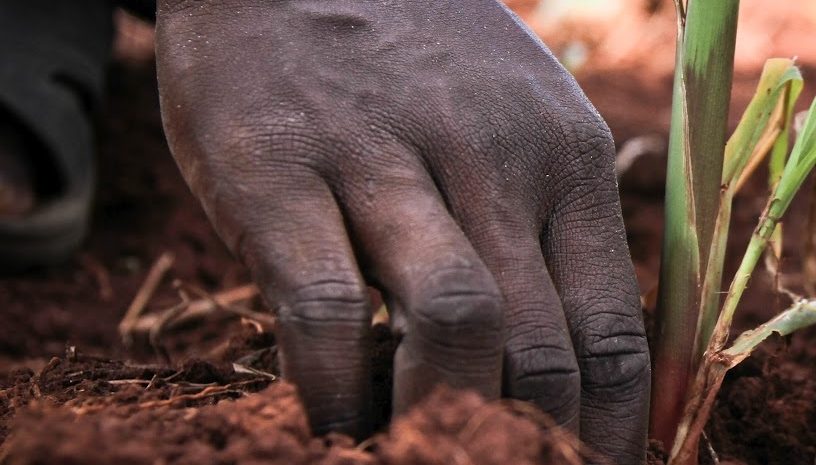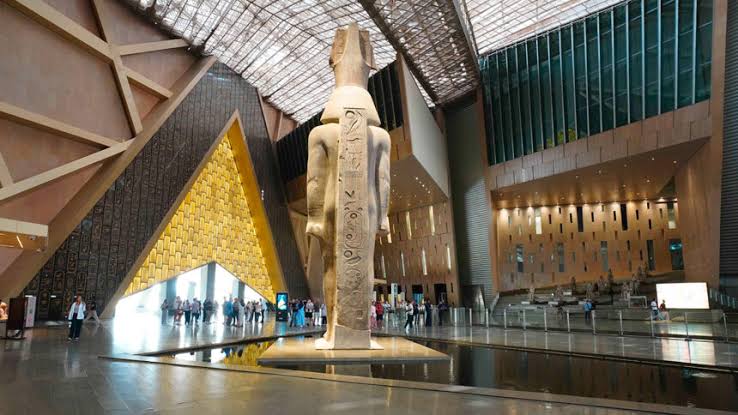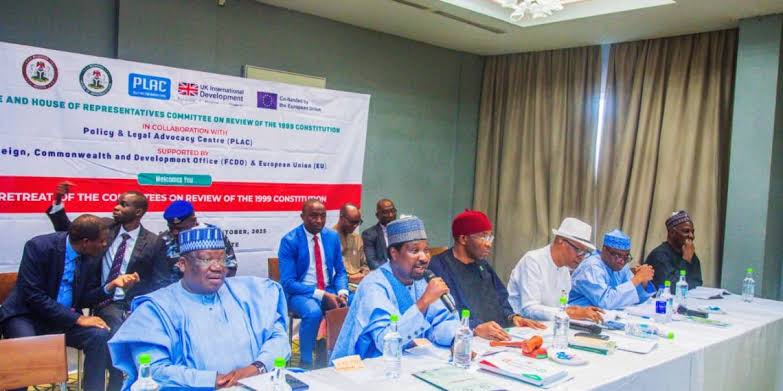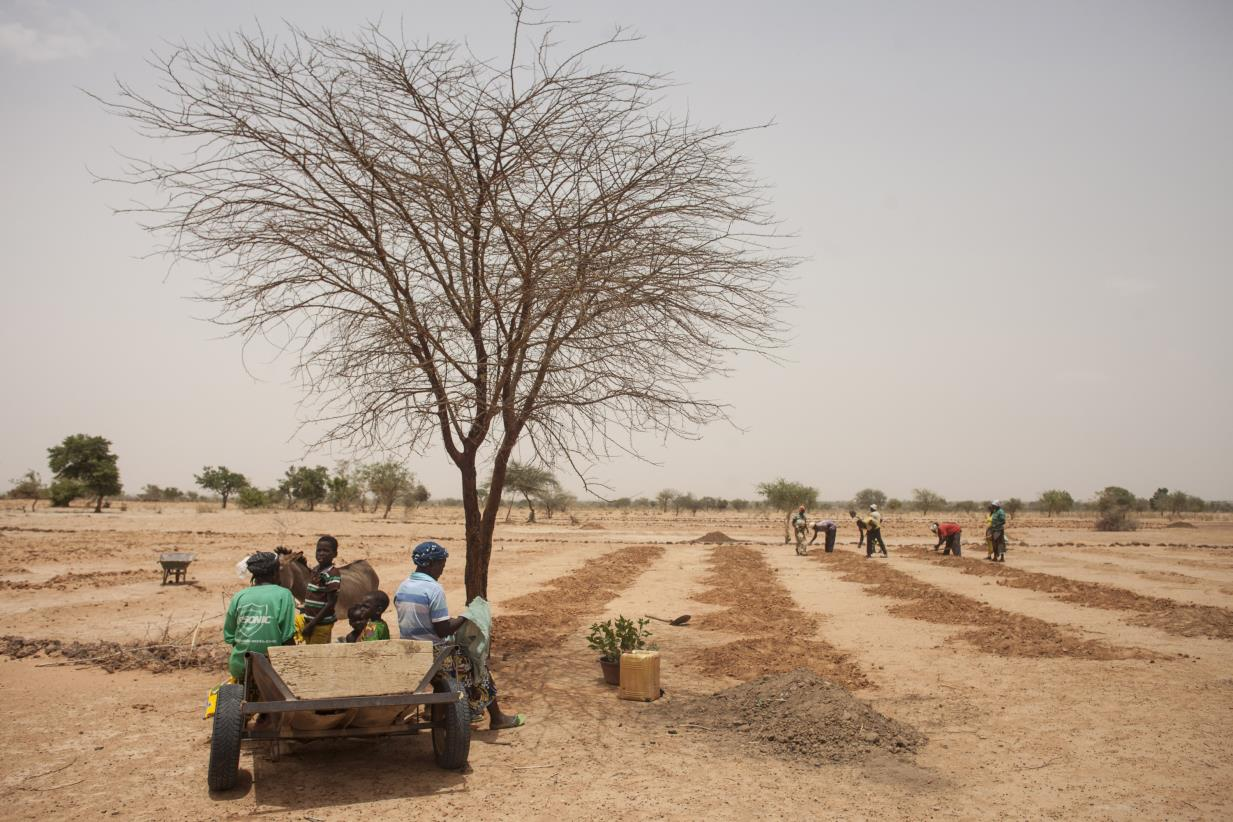Asian Giants Seek Rapprochement: India & China Rebuild Diplomatic Ties
India and China are engaging in renewed diplomatic efforts to ease tensions following a five-year border standoff that has significantly impacted their bilateral relations. Chinese Foreign Minister Wang Yi's recent visit to New Delhi for talks with his Indian counterpart, Subrahmanyam Jaishankar, and other high-ranking officials including Prime Minister Narendra Modi and National Security Adviser Ajit Doval, signifies a crucial step towards stabilizing ties. The discussions aim to address the fallout from the 2020 border clash in the disputed Himalayan region, which resulted in the deaths of 20 Indian and four Chinese soldiers, leading to a freeze in high-level political engagements and the deployment of tens of thousands of security forces.
Considerable progress has been made since the 2020 incident. Last year, both nations agreed to a pact on border patrols and withdrew additional forces from certain border areas. While both countries continue to fortify their respective sides of the border with roads and rail networks, there has been an increase in official visits and discussions around easing trade restrictions, facilitating movement for citizens, and processing visas for businesspeople. Beijing also allowed Indian pilgrims to visit holy sites in Tibet, and efforts are underway to restore direct flights between the two countries. India’s foreign ministry spokesperson, Randhir Jaiswal, confirmed ongoing discussions to restart trade through three points along their 3,488-kilometer border.
The immediate agenda for the high-level meetings in New Delhi includes de-escalation of border tensions and reducing the number of troops in the contested areas. Jaishankar emphasized the need for a "candid and constructive approach" from both sides to move forward after a difficult period. Wang Yi affirmed that peace and tranquility had been restored along the borders. This diplomatic thaw also follows significant interactions between the top leaders; Prime Minister Modi and Chinese President Xi Jinping met in October at a summit in Russia, their first in-person conversation since 2019. Modi is also scheduled to visit China later this month for the Shanghai Cooperation Organization summit, marking his first trip to the country in seven years. Xi has previously called for India and China's relations to embody a "dragon-elephant tango," symbolizing cooperation.
This renewed engagement between Beijing and New Delhi is occurring amidst broader geopolitical shifts. New Delhi's relations with Washington have recently frayed, primarily due to U.S. President Donald Trump’s imposition of a 50% tariff on Indian goods, which includes a 25% penalty specifically for purchasing Russian crude oil, effective August 27. India, a long-time U.S. ally and a member of the Quad security alliance, has shown no signs of backing down, instead deepening economic cooperation with Russia through new agreements. Furthermore, the Trump administration's increased engagement with Pakistan, India’s arch-rival, including hosting Pakistan’s army chief and announcing an energy deal, has also encouraged New Delhi’s overtures towards China. Lt. Gen. D.S. Hooda, who led the Indian military’s Northern Command, suggested that India cannot afford to have two hostile neighbors simultaneously.
Despite the recent positive momentum, the normalization remains at an uneasy level. Manoj Joshi, a fellow at the Observer Research Foundation, noted that settling the decades-old boundary dispute requires "political compromise at the highest political level," suggesting that the countries are "still talking past each other when it comes to the border dispute." Nevertheless, China’s Foreign Ministry spokesperson Mao Ning expressed Beijing's willingness to leverage Wang's visit to properly manage differences and foster sustained, stable development of China-India relations, emphasizing continued in-depth communication to safeguard border peace.
You may also like...
Sleep Deprivation: Africa’s Most Overlooked Health Epidemic

Sleep deprivation is quietly sweeping across Africa, undermining health, productivity and well-being. Different lifesty...
The Next Big Discovery Might Be Growing in Someone’s Backyard

Hidden in gardens, local farms, and village backyards across Africa and beyond, the next major scientific breakthroughs ...
The Grand Egyptian Museum: Re-Engineered History of Africa.

2002 was the genesis of a dream. Egypt opens its Grand Museum in 4days.
NanoFilter: The Tanzanian Invention Turning Dirty Water into Life

Read on how Dr. Askwar Hilonga’s NanoFilter, a Tanzanian nanotech invention, is transforming access to safe drinking w...
The Myth of the Strong African Mother

Parenting burnout is becoming an unspoken crisis among African mothers. The pressures of motherhood, cultural expectatio...
The African Dream vs. the American Dream: What Success Means to a New Generation

A new generation of Africans is redefining success, turning away from the “American Dream” toward something more local, ...
The National Assembly Approves the Creation of Six new States

The National Assembly for the first time since the fourth republic started has approved the creation of six new states. ...
When the Desert Eats the City: Urban Expansion and Desertification in the Sahel

In the Sahel, cities are expanding even as the desert creeps closer. From Niamey to Nouakchott, Africa’s drylands are sw...
